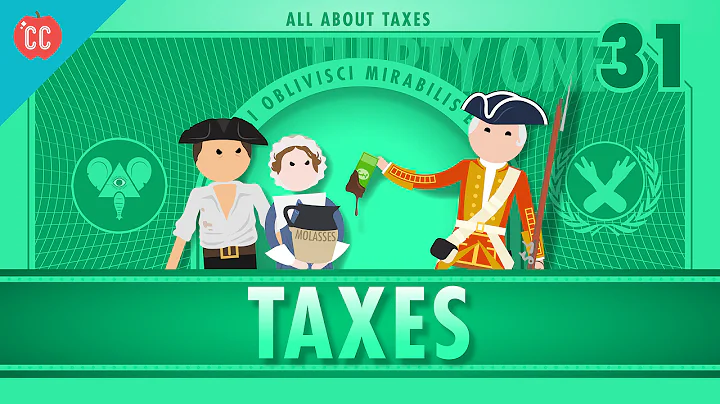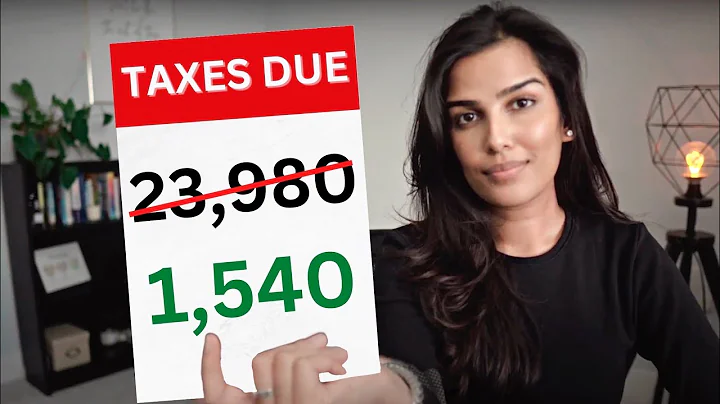In corporate income tax final settlement and payment , what knowledge points are worth paying attention to in loss compensation? Today we will sort it out~
Q1: The definition of loss
" Enterprise Income Tax Law of the People's Republic of China " The so-called losses refer to the enterprise's losses in accordance with the "Enterprise Income Tax Law of the People's Republic of China" and " Enterprise Income Tax Law of the People's Republic of China" According to the provisions of the Implementation Regulation , the total income of each tax year shall be deducted from the total income of , non-taxable income , tax-free income and the amount less than zero after various deductions.
The policy is based on
Article 10 of the "Regulations on the Implementation of the Enterprise Income Tax Law of the People's Republic of China"
Q2: The principle of making up for losses
When the relevant enterprises declare corporate income tax to make up for losses, they should follow the "first in line" in the annual settlement and payment declaration rules of corporate income tax. Tax treatment will be carried out based on the principle that “the maturity losses shall be made up first, and the maturity losses incurred first shall be made up first”.
Q3: The period for making up for losses
1. The maximum carryover period shall not exceed 5 years
Applicable objects:
General enterprises
Main content:
Losses incurred by enterprises in the tax year are allowed to be carried forward to subsequent years and used to make up for them with the income of subsequent years. However, the maximum carryover period shall not exceed five years.
Policy basis:
Article 18 of the "Enterprise Income Tax Law of the People's Republic of China"
2. The maximum carryover period is extended from 5 years to 8 years
(1) Enterprises in difficult industries that are greatly affected by the epidemic
Main content:
Affected by the epidemic The maximum carry-forward period for losses incurred by enterprises in difficult industries that have a greater impact in 2020 will be extended from 5 years to 8 years.
"Enterprises in difficult industries" include four major categories: transportation, catering, accommodation, and tourism (referring to travel agencies and related services, and tourist attraction management). The specific judgment standards are implemented in accordance with the current " National Economic Industry Classification ". The main business income of enterprises in difficult industries must account for more than 50% of total income (excluding non-taxable income and investment income) in 2020.
Policy basis:
"Announcement of the Ministry of Finance and the State Administration of Taxation on Tax Policies to Support the Prevention and Control of the Pneumonia Epidemic of New Coronavirus Infection" (Announcement No. 8 of the Ministry of Finance and the State Administration of Taxation, 2020) Article 4
Note: This policy is only applicable to affiliated companies Losses incurred in 2020 are valid.
(2) Main content of
for film industry enterprises:
For the losses incurred by film industry enterprises in 2020, the maximum carryover period is extended from 5 years to 8 years.
Policy basis:
"Announcement of the Ministry of Finance and the State Administration of Taxation on Tax Support Policies for Film and Other Industries" (Announcement No. 25, 2020, of the Ministry of Finance and the State Administration of Taxation) Article 2
Note: This policy only applies to those that occurred in 2020 Losses are valid.
3. The maximum carryover period is extended from 5 years to 10 years
(1) High-tech enterprises and technology-based small and medium-sized enterprises
Main content:
Starting from January 1, 2018, it shall be qualified as a high-tech enterprise or technology-based small and medium-sized enterprise in that year. For enterprises, the uncompensated losses incurred in the five years before the qualifying year are allowed to be carried forward to make up for the losses in subsequent years, and the maximum carryover period is extended from 5 years to 10 years.
Policy basis:
"Notice of the Ministry of Finance and the State Administration of Taxation on Extending the Loss Carryover Period for High-tech Enterprises and Technology-based Small and Medium-sized Enterprises" (Finance and Taxation [2018] No. 76) Article 1
(2) Specific Integrated Circuit Manufacturing Enterprises
Main content:
The state-encouraged integrated circuit manufacturing enterprises with line widths less than 130 nanometers (inclusive), which belong to the list of state-encouraged integrated circuit manufacturing enterprises, have not yet made up their losses in the five tax years preceding the year, and are allowed to be carried forward to subsequent years. , the maximum transfer period shall not exceed 10 years.
policy basis:
"Announcement of the Ministry of Finance, State Administration of Taxation, Development and Reform Commission, Ministry of Industry and Information Technology on Corporate Income Tax Policies to Promote the High-quality Development of the Integrated Circuit Industry and Software Industry" (Announcement of the Ministry of Finance, State Administration of Taxation, Development and Reform Commission, Ministry of Industry and Information Technology 2020 No. 45 of the year) Article 2 
Q4: Special circumstances of making up for losses
1. Question whether the enterprise preparation period is calculated as a loss year
The year when the enterprise starts production and operation is the year when the enterprise's profits and losses begin to be calculated. Preparatory expenses incurred during preparatory activities before the enterprise engages in production and operations shall not be calculated as losses for the current period. Article 9 of the "Notice of the State Administration of Taxation on the Connection of Certain Tax Matters of Enterprise Income Tax" (Guo Shui Han [2009] No. 98) Provisions are enforced.
Policy basis:
"Notice of the State Administration of Taxation on Several Tax Issues Concerning the Implementation of the Enterprise Income Tax Law" (Guo Shui Han [2010] No. 79) Article 7
2. The amount of taxable income found in the tax inspection can be The question of whether to make up for losses in previous years
According to the provisions of Article 5 of the Enterprise Income Tax Law of the People's Republic of China, the taxable income increased by the tax authorities when inspecting the tax payment situation of the enterprise in previous years, if the enterprise incurred losses in previous years and the If the losses are allowed to be made up under the provisions of Corporate Income Tax Law , the increase in taxable income should be allowed to make up for the losses. If there is still a balance after making up for the loss, corporate income tax will be calculated and paid in accordance with the provisions of the Corporate Income Tax Law. The taxable income increased upon inspection shall be dealt with or punished according to the circumstances and in accordance with the relevant provisions of the " Tax Collection Management Law of the People's Republic of China ".
Policy basis:
" Announcement of the State Administration of Taxation on the issue of handling the increase in taxable income to make up for losses in previous years" (State Administration of Taxation Announcement No. 20, 2010) Article 1
3. Problems of compensating losses for policy-based relocation enterprises
If an enterprise has uncompensated losses in previous years, and if the enterprise stops production and operations due to relocation and has no income, from the year following the year of relocation to the year before the year of completion of the relocation, it can be regarded as the year of cessation of production and operation activities, from the statutory loss balance. If the enterprise is relocating and producing at the same time, its loss carryover years should be calculated continuously.
Policy basis:
"Announcement of the State Administration of Taxation on Issuing Measures for the Administration of Income Tax on Policy-Based Relocation of Enterprises" (State Administration of Taxation Announcement No. 40, 2012) Article 21
![14 Biggest Tax Write Offs for Small Businesses! [What the Top 1% Write-Off] - DayDayNews](https://i.ytimg.com/vi/5YggWhLeckM/hq720.jpg?sqp=-oaymwEcCNAFEJQDSFXyq4qpAw4IARUAAIhCGAFwAcABBg==&rs=AOn4CLBlqB9zLIyZxvCouI6rGnlJh8p6xw)
![14 Biggest Tax Write Offs for Small Businesses! [What the Top 1% Write-Off] - DayDayNews](https://cdn-dd.daydaynews.cc/img/play.svg)



















